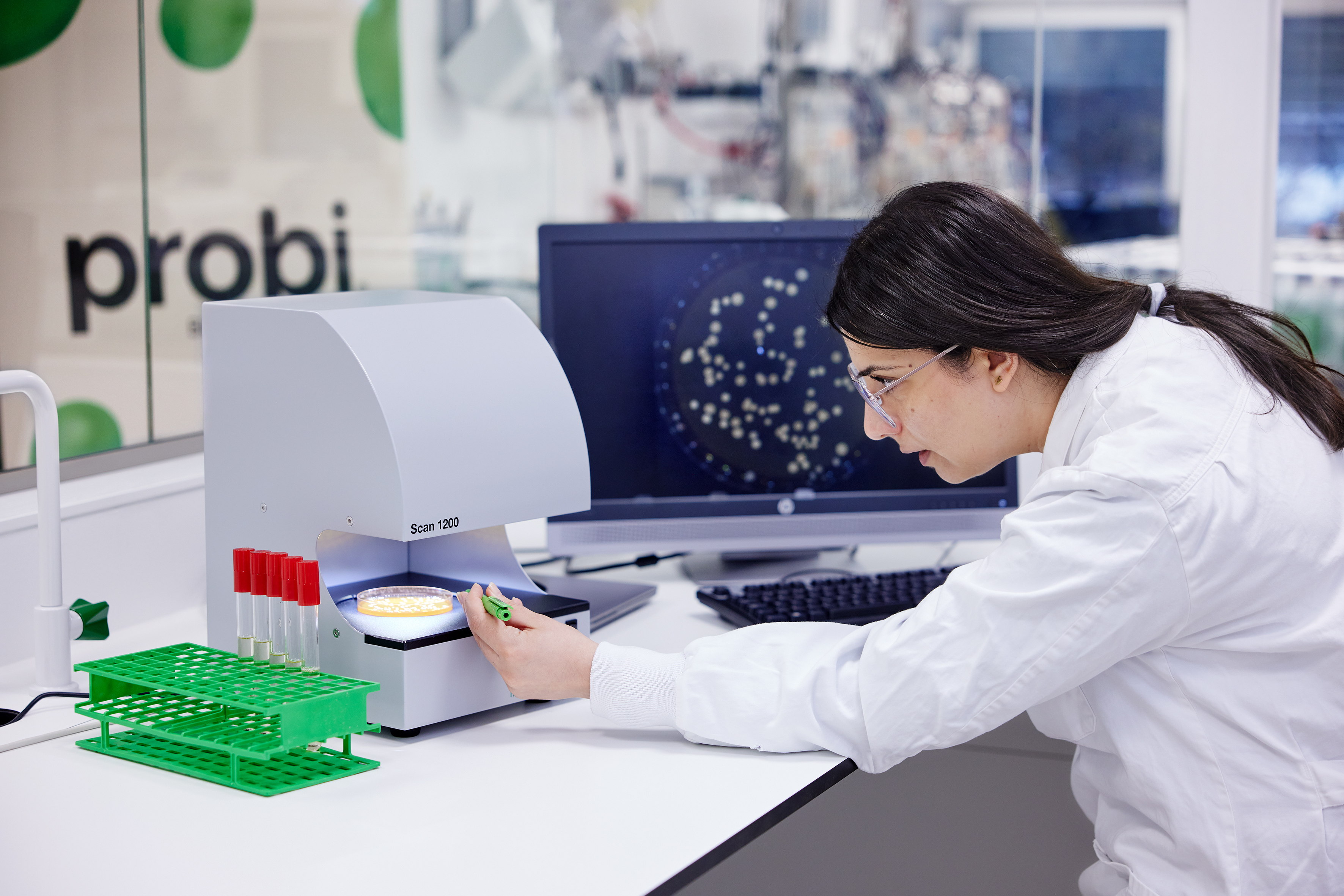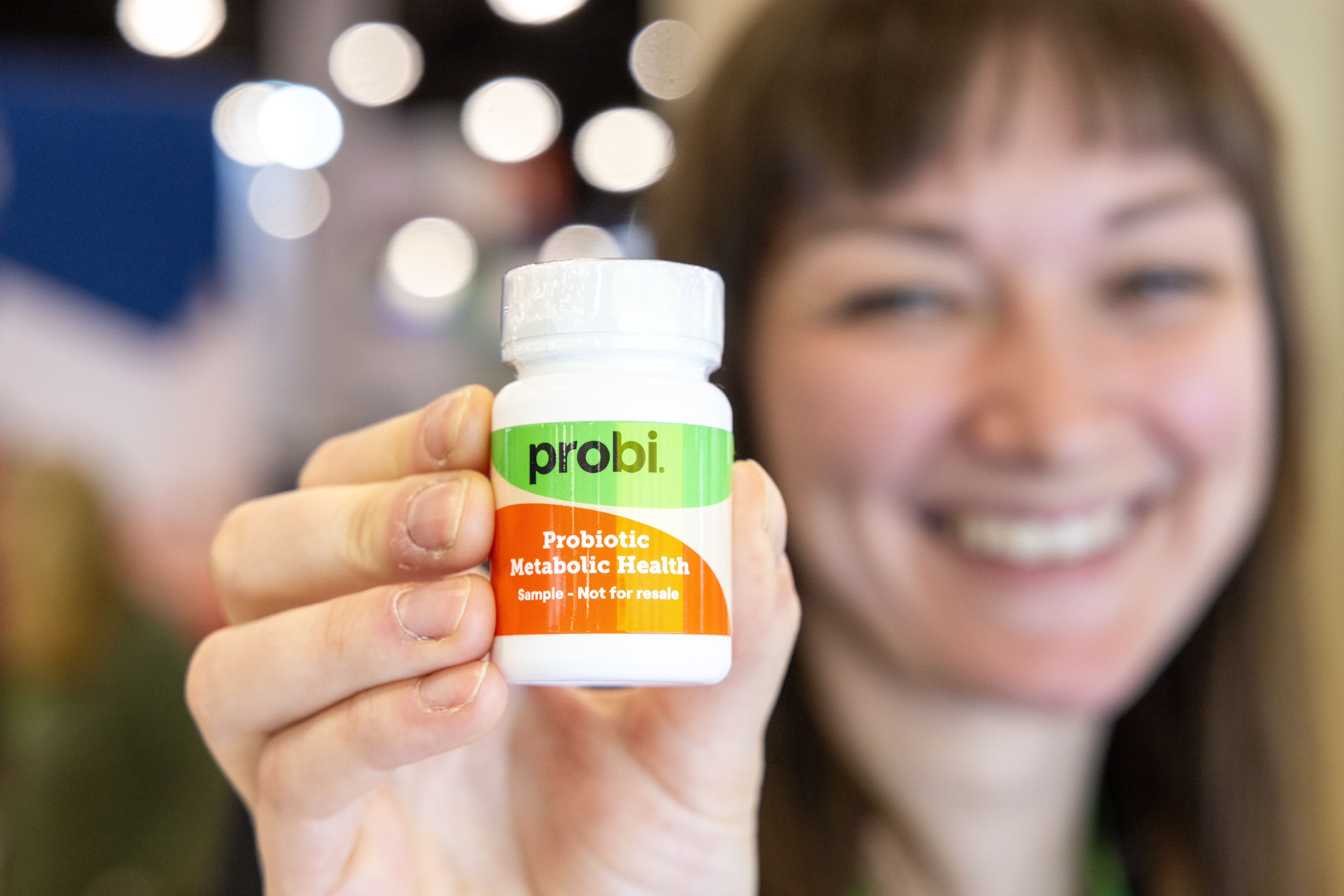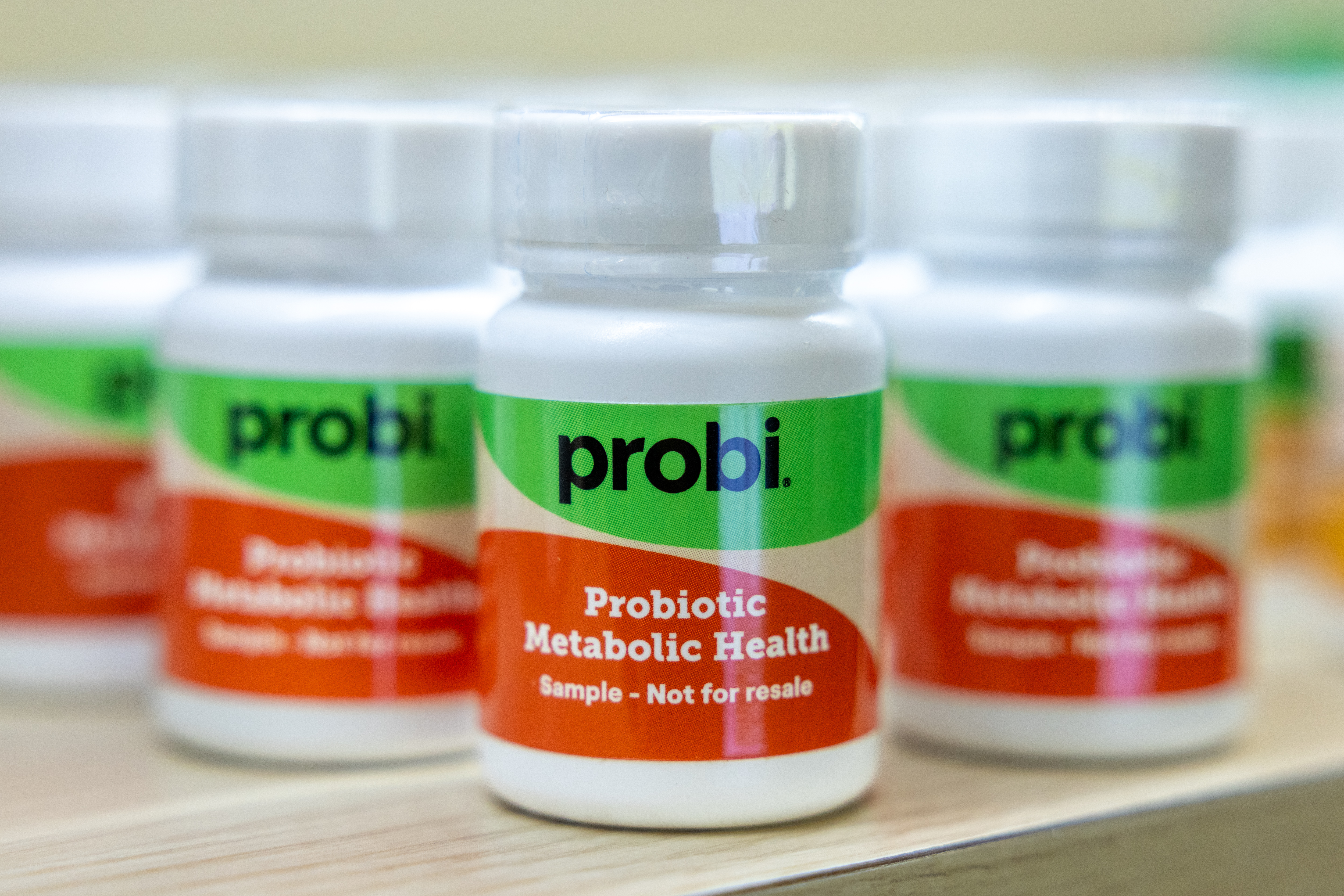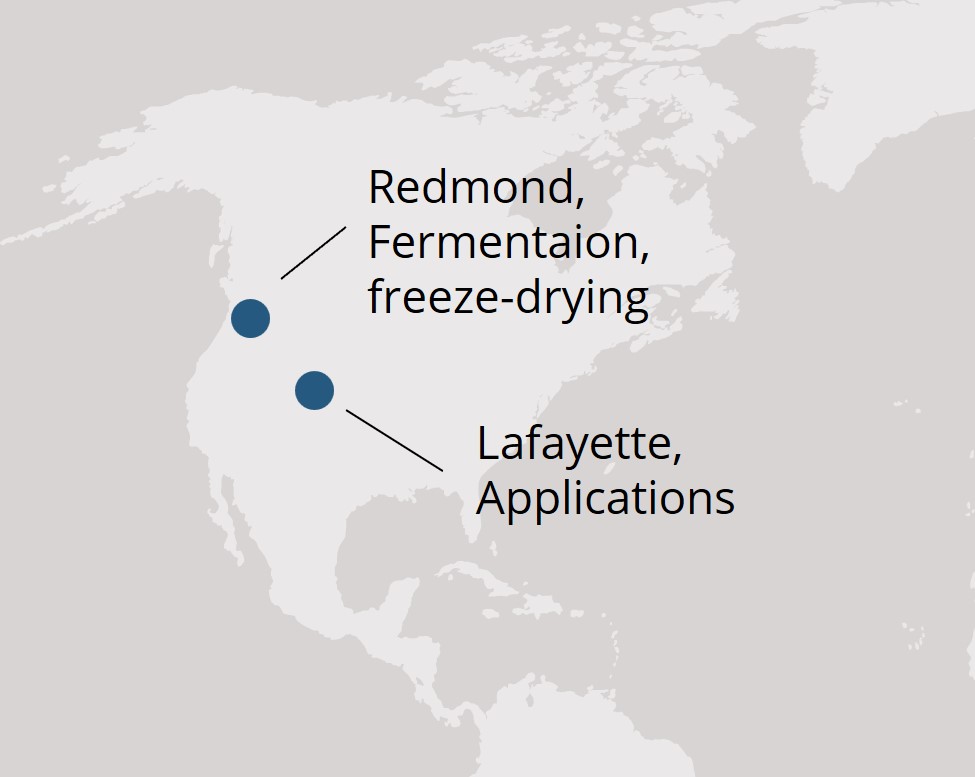The growing demand for probiotic supplements
In 2024, global retail sales of probiotic supplements reached approximately USD 9.3 billion, according to Euromonitor, which projects an average annual growth rate of 5-6 percent between 2024 and 2029.
1
USD m
USA
2
USD m
CHINA
3
USD m
ITALY
Region APAC, 40%
Region Americas, 34%
Region EMEA, 25%
Rest of world, 1%
Region APAC, 41%
Region Americas, 34%
Region EMEA, 25%
Rest of the world, 0%

FURTHER RESEARCH ON HEAL9®

Metabolic health launch

A brand new look

Symrise’ takeover offer



